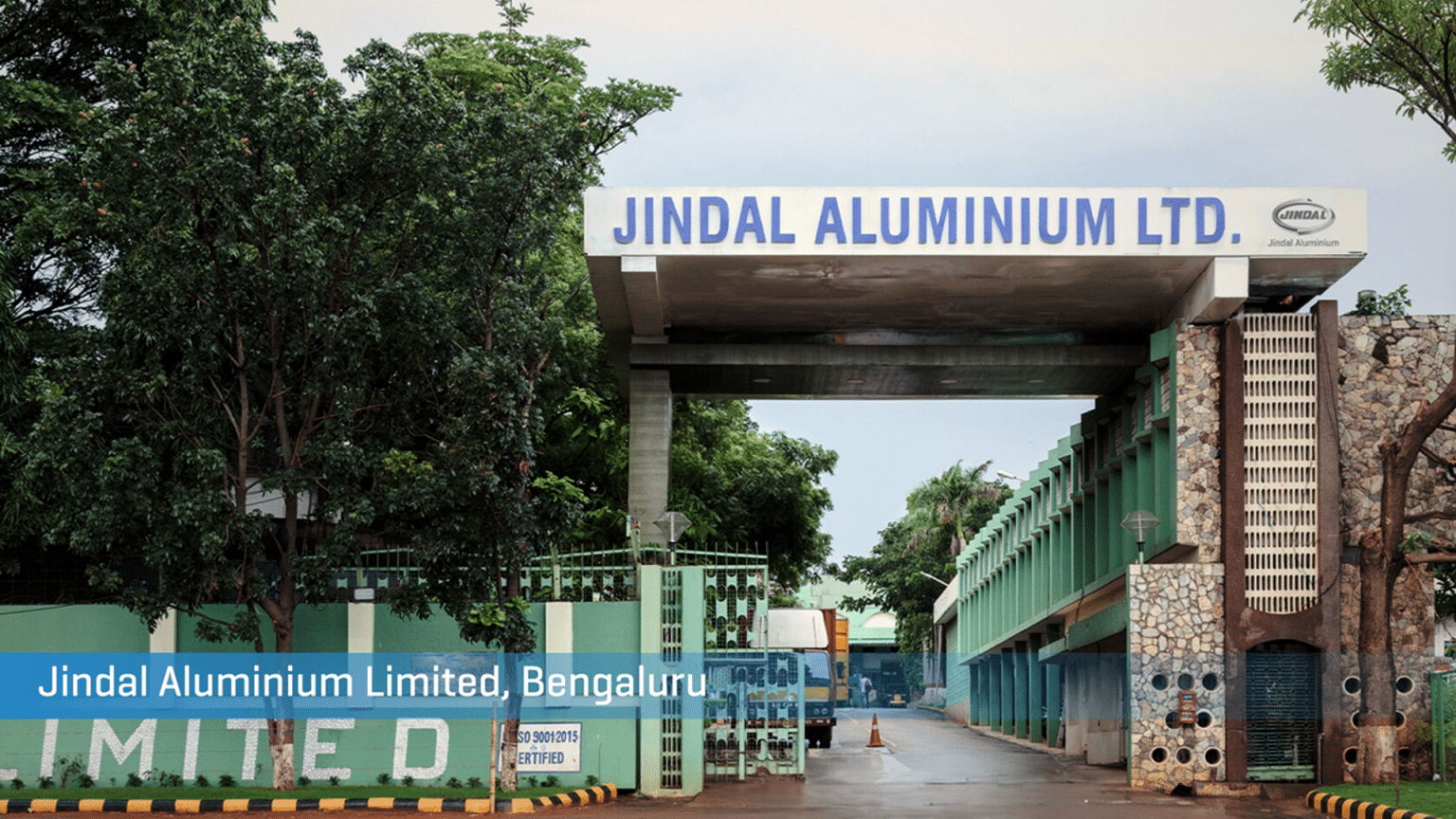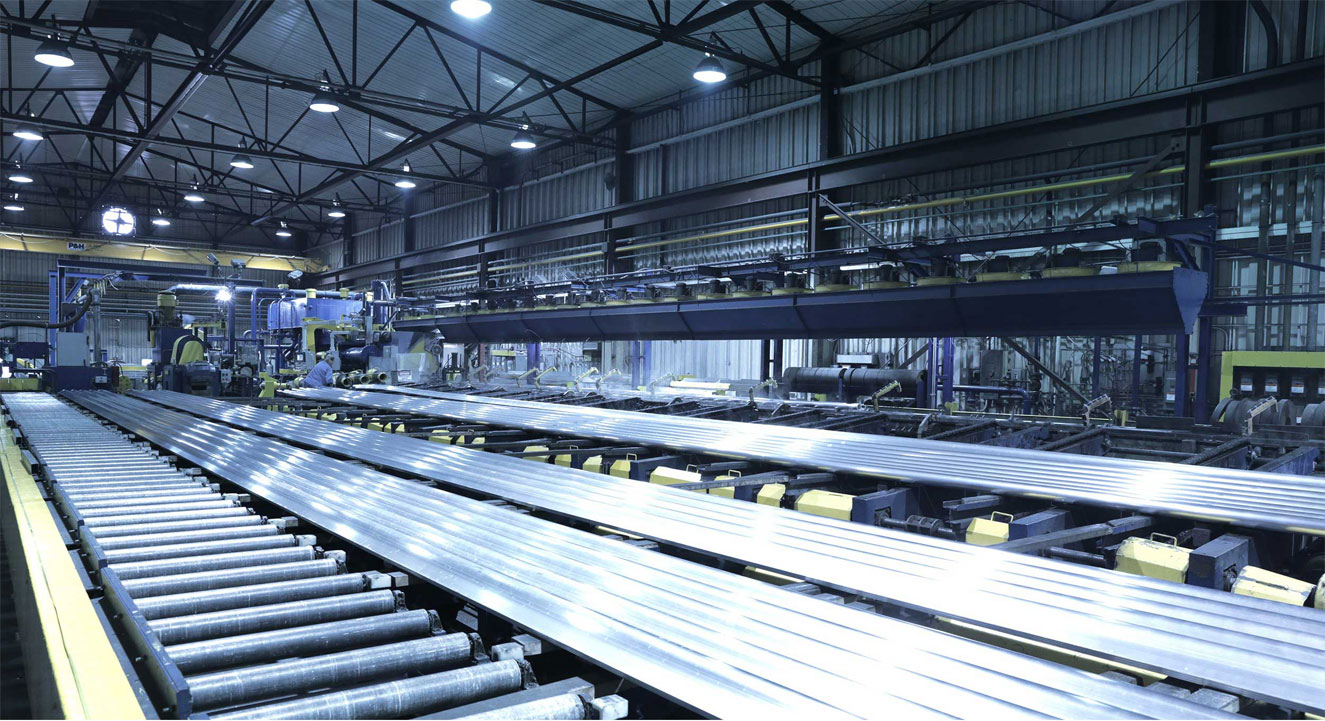Jindal Aluminium Limited | The future is bright with Engineered Aluminium technologies
Published by : Constructionweekonline.in
Engineered aluminium stands at the forefront of enabling technologies, revolutionizing industries with its exceptional properties and versatile applications. The lightweight nature of aluminium, coupled with its high strength-to-weight ratio, makes it an ideal choice for various engineering applications. This material is pivotal in advancing transportation technologies, from aerospace components to automotive structures, contributing to fuel efficiency and enhanced performance. Additionally, the corrosion resistance of engineered aluminium ensures durability in harsh environments, making it a crucial element in marine and offshore applications. Its excellent conductivity makes it an essential component in the electronics industry, powering innovations in electronic devices and renewable energy systems.
With ongoing advancements in fabrication techniques and alloy formulations, engineered aluminium continues to push the boundaries of what is possible, propelling us into a future where sustainability, efficiency, and cutting-edge technologies go hand in hand. Positioned as a silent yet indispensable enabler, it is a crucial element propelling the advancement and growth of diverse industries. Let’s learn how.
Solidifying mobile technology: In the palm of everyone’s hands, aluminium plays a pivotal role in shaping the sleek and lightweight design of modern smartphones. The malleability of this metal allows for intricate and aesthetically pleasing designs while maintaining durability. The aerospace-grade aluminium alloys used in mobile device manufacturing provide the ideal balance of strength and weight, ensuring that the devices are sturdy and portable. Additionally, aluminium’s corrosive resistance enhances the longevity of electronic components, contributing to the overall reliability of smartphones and other portable gadgets. It is how everyday gadgets have become sleeker, more powerful and increasingly sophisticated.
Boosting space technology: Beyond the confines of the planet, aluminium takes centre stage in the aerospace industry, contributing to the construction of spacecraft, satellites and other space-bound technologies. The lightweight nature of aluminium makes it an ideal material for space applications, as it helps reduce overall launch weight, enabling more efficient and cost-effective space exploration missions. This remarkable strength-to-weight ratio of aluminium alloys ensures that spacecraft can withstand the harsh conditions of space travel while carrying scientific payloads that are reshaping the future of space exploration.
Electric vehicle revolution: The electric automotive industry increasingly relies on aluminium to construct lightweight frames, chassis components and battery casings. It contributes to the extended range of EVs and enhances their energy efficiency. Using aluminium in electric vehicles promotes environmentally friendly transportation solutions across the globe and nurtures a green planet.
Precise and lightweight robotic components: Engineered aluminium is a linchpin in robotics. Its combination of strength and lightness allows for the manufacturing of precision components, enhancing the agility and efficiency of robotic systems. The durability of this resourceful mineral also ensures the longevity of these advanced technological marvels, which are set to revolutionize society in the coming years.
Defence and aerospace applications: With its application in armour-plating and aerospace components, aluminium is indispensable for the defence sector. Its lightweight yet robust properties contribute to the development of armoured vehicles and aircraft, ensuring the mobility of military assets and solidifying the defence capability of the countries.
Corrosion-resistant marine structures: In marine applications, where corrosion is a constant challenge, aluminium provides an ingenious solution. Its resistance to corrosion makes it an ideal material for building marine structures, ships and offshore platforms, contributing to the longevity and reliability of marine assets.
Broader scope in day-to-day life: Aluminium’s influence extends far beyond electronic devices, space exploration and electric vehicles, permeating various aspects of everyday life. From energy-efficient windows and packaging materials to kitchen appliances and household wiring, Aluminium’s versatility makes it an integral part of modern living.
Standout role of downstream aluminium industry
The downstream aluminium industry is pivotal in enabling diverse technologies by transforming raw aluminium into specialized forms and components tailored for specific applications. Through processes such as extrusion, casting and precision machining, the industry refines aluminium into intricate shapes and structures that meet the ever-evolving demands of modern technologies. The downstream aluminium industry’s adaptability and expertise in processing techniques make it an essential partner in shaping and advancing various technological frontiers.
Takeaway
A recent study has estimated that aluminium usage in India will grow at a CAGR of 6.7% over the next five years to reach 4.84 million tonnes by 2026-27. Electrical and electronics are expected to dominate the market by consuming around 1.69 million tonnes of metal by the said year. The usage of aluminium by the transportation sector is set to grow at about 7.2% per annum and reach 1.37 million tonnes by 2026-27. In these diverse sectors, engineered aluminium emerges as a silent hero and the primary choice to drive the future of innovation across industries.





